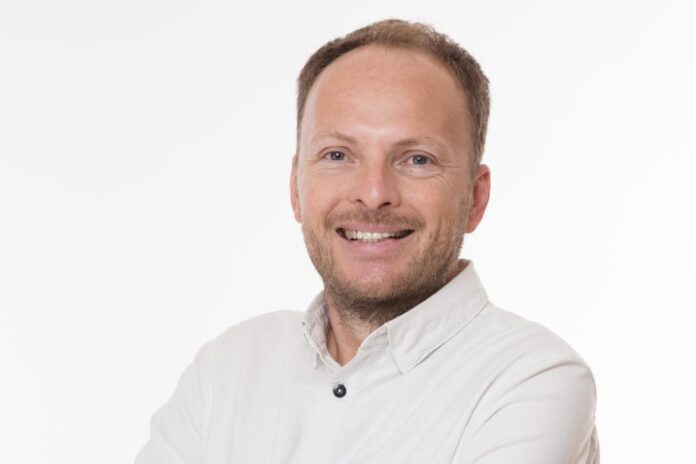Source: University of Canterbury
13 July 2021
A research team led by University of Canterbury Professor Pavel Castka is developing a system to make audits easier for New Zealand businesses.
-
University of Canterbury Professor Pavel Castka is developing a system that will make audits easier for New Zealand businesses.
University of Canterbury Business School, Operations and Supply Chain Management, Professor Pavel Castka and his team are developing an algorithm – Pilot Compliance System (PCS) – to make assessing compliance easier for auditors, protect consumers and enhance New Zealand exports.
Before products can be sold, they must undergo a strict auditing process that assesses criteria of compliance. Most of this auditing was previously done in person, but since Covid-19 it has started being completed remotely. This new system of remote auditing provided an opportunity for Professor Castka and his team to test out new world-first technology.
There are two problems with the current system of remote auditing that the research will address. First, can it gather enough data from facilities without an in-person visit. Second, can the system identify the information needed from documents submitted in place of in-person visits.
“A lot of this analysis can be done by machine learning, so instead of someone experiencing it physically, we can develop algorithms that look for and identify anomalies and do a pre-screen before the auditor. Each audit is based on a list of criteria. That list of requirements forms the basis for an algorithm to scan documents.”
Professor Castka’s project will completely reinvent the way audits are currently done, using technology to work alongside auditors to make the process easier.
Professor Castka’s team will have several settings in which they will develop the PCS to demonstrate how it works, how reliable and accurate it is, and how auditors can use the system for better decision making.
In one case, the team collaborated with the Eco-index programme (funded by the Biological Heritage Science Challenge), which is working across iwi, industry, and government to develop remote sensing and machine learning technology to detect trends in Aotearoa New Zealand’s biodiversity status. The research team will look at how the PCS can be incorporated as part of the Eco-index programme.
The PCS will also be tested in processing facilities using sensors, remote sensing and video imaging.
“The logic of PCS is the same as an audit. It’s about collecting data through this automated system and using it to assess compliance.”
In the last stage, simulated experiments will be run in labs with auditors to assess the real-world application of the system.
The team surveyed several companies in different countries and found that most organisations had to introduce remote auditing overnight in response to Covid-19, and many were not prepared.
“New Zealand in the past has been seen as a leader in this area, and this project links to that effort,” Professor Castka says.
In February this year, Chinese customs inspected Sanford and Sealord facilities in the North Island and determined non-compliance.
“That was a wake-up call for everybody to realise how vulnerable we might be if these technologies go ahead globally, because suddenly all the manual processes could be replaced with this approach, and it leaves you exposed.”
“It’s a threat, but at the same time it’s an opportunity. If we develop this technology, we can also offer these services globally, and New Zealand has very high credibility especially in this area.”
For more information or media interviews contact:
Professor Pavel Castka, University of Canterbury Business School, pavel.castka@canterbury.ac.nz, Phone: 03 369 3761
Or
UC Communications team, media@canterbury.ac.nz, Ph: (03) 369 3631 or 027 503 0168



